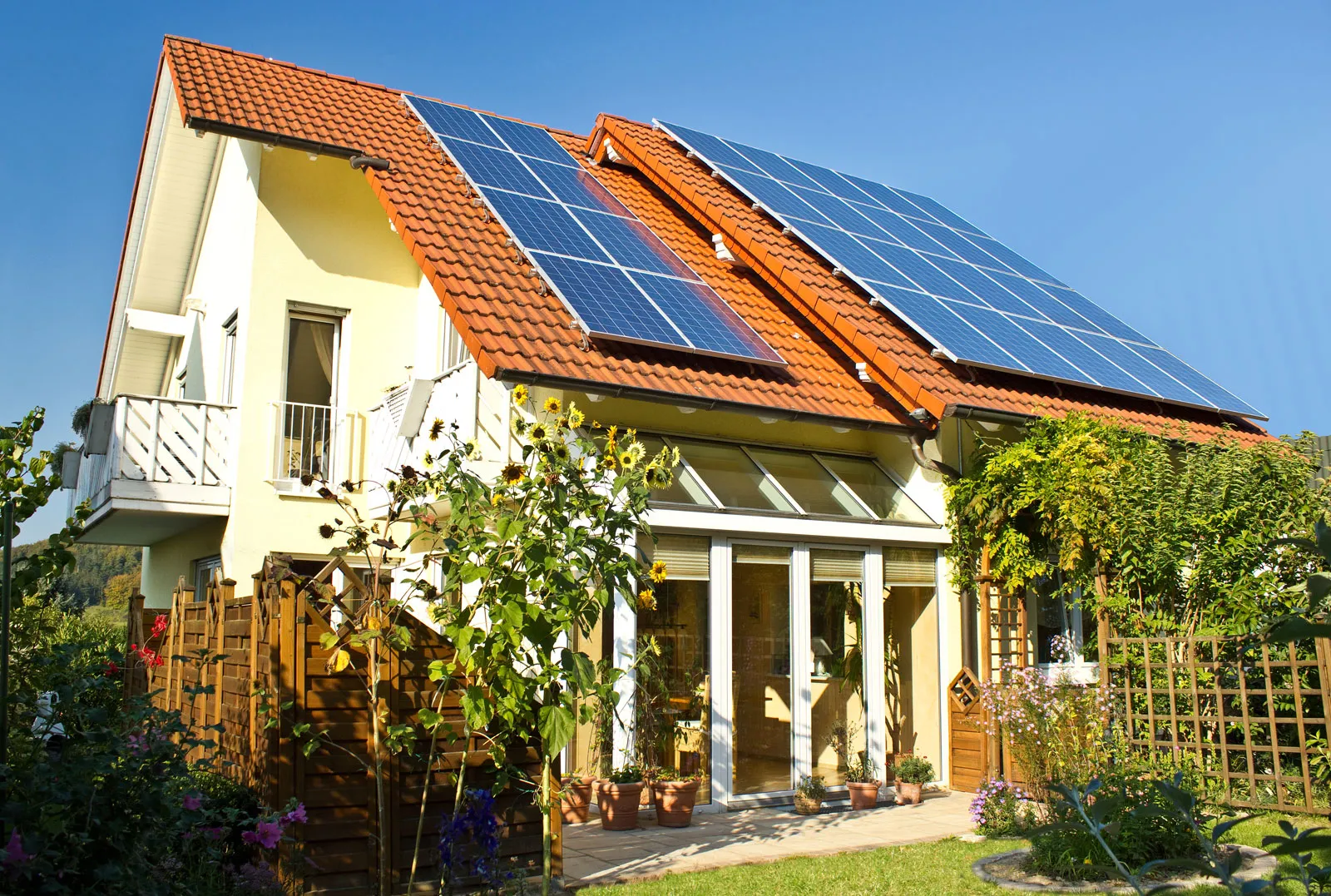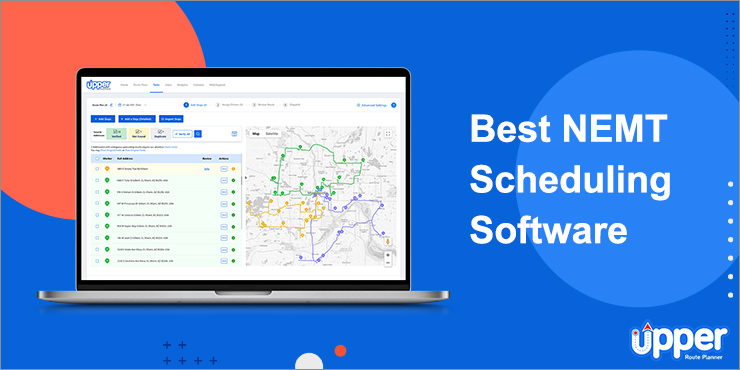How Solar Panels Can Help You With Your Home & Business

In this solar panel installation guide, we will show you how to install a solar panel on your roof. We’ll go over the different types of panels, the different kinds of mounting systems, and the necessary tools and materials you’ll need. We’ll also provide tips on how to get the best performance out of your solar system. We’ll give you a rundown of some of the most popular solar companies in the area. Ready to start saving money on your energy bills? Let’s get started.
What is a Solar Panel?
A solar panel is a device that gathers energy from the sun and transforms it into usable forms of electrical energy. Solar panels are used to generate electricity for domestic use, such as powering homes and appliances, or for commercial or industrial use. Solar panels can also be used to generate heat, which can be used in place of heating oil or natural gas.
Solar panels come in a variety of shapes and sizes, but all share the same basic principle: they collect energy from the sun and turn it into electrical power. The most common type of solar panel is the silicon solar panel, which uses silicon to absorb sunlight. Other types of solar panels include thin-film solar panels and cadmium tell uride solar panels.
Solar panels can be mounted on roofs or walls, but they are most effective when installed in direct sunlight. Solar panels can also be combined with other renewable energy sources, such as wind turbines or hydroelectric dams, to create a complete energy system.
Types of Solar Panels
Solar panels come in all shapes and sizes. The most popular types are the traditional solar panels that you see on roofs and in large arrays in nature.
But there are other types of solar panels, too. You can buy solar cells that you install on your own roof or outside. There are also portable solar panels that you can take with you when you travel. There are solar energy storage systems, which allow you to store electricity generated by your solar panels for use at a later time.
Whatever type of solar panel you choose, make sure to read the product specifications carefully before making a purchase. Solar cells vary significantly in how much electricity they generate, so be sure to pick the right model for your needs.
How Solar Panels Work
Panels work by converting sunlight into energy that can be used to run your home. The amount of energy a panel produces depends on the size, type and condition of the panel. Panel manufacturers typically rate panels by their annual energy output in watts (W). The higher the rating, the more powerful the panel. Panels come in different shapes and sizes, so it is important to choose the right one for your home.
The three main types of solar panels are crystalline, amorphous and thin film. Crystalline panels are made from large silicon crystals that are arranged in a specific shape. Amorphous panels are made from large, flat sheets of material that are also transparent to sunlight. Thin film solar panels use materials like silicon and silver that are deposited on top of a substrate such as plastic or glass.
Solar panels work best in direct sunlight. To get the most out of your solar panels, make sure they are mounted facing south or east. Panels can produce up to 3 kW/h when exposed to direct sunlight, but this will vary depending on the type and condition of the panel.
How Much Does a Solar Panel Cost?
When looking to invest in solar panels, it is important to know how much they will cost. The average cost to install a solar panel system ranges from $6,000 to $15,000. In addition, there are other factors to consider such as monitoring and maintenance. Here is a breakdown of how much solar panels will typically cost you.
The upfront cost of a solar panel system varies depending on the size of the system, the type of panel, and the location of the system. However, on average a solar panel system will cost between $6,000 and $15,000. Additionally, there are other factors that need to be considered such as monitoring and maintenance costs. These costs can range from $200 per year for an inverter-based automated system to $1,500 for a manual installation.
Benefits of Owning a Solar Panel
There are many benefits to owning a solar panel system. Depending on your location and needs, a solar panel system can provide you with reliable power, save you money on your energy bills, and reduce your environmental impact.
Here are just a few of the benefits of owning a solar panel system:
- Solar panels provide reliable power. If the sun is shining and the panels are generating electricity, you’ll have power. Even if the weather is bad or there’s an eclipse.
- Solar panels can help you save money on your energy bills. Depending on the size of your system, solar panels may be able to save you anywhere from 10% to 50% on your energy bill. In some cases, they can even be able to pay for themselves in as little as three years!
- Solar panels can help reduce your environmental impact. By using solar power instead of traditional sources of energy like oil or gas, you’re reducing the amount of pollution that’s produced. Additionally, by using solar panels you’re helping to grow sustainable practices in the industry.
Conclusion
If you’re looking to improve the energy efficiency of your home, or just want to reduce your monthly bills, investing in solar panels could be a great option for you. Solar panels can help you save money on your energy bill by generating your own electricity and using that power to run devices in your home. Plus, installing solar panels can also create passive income for you over time if the system is successful at producing electricity. So what are you waiting for? Give solar panel installation a try today.





